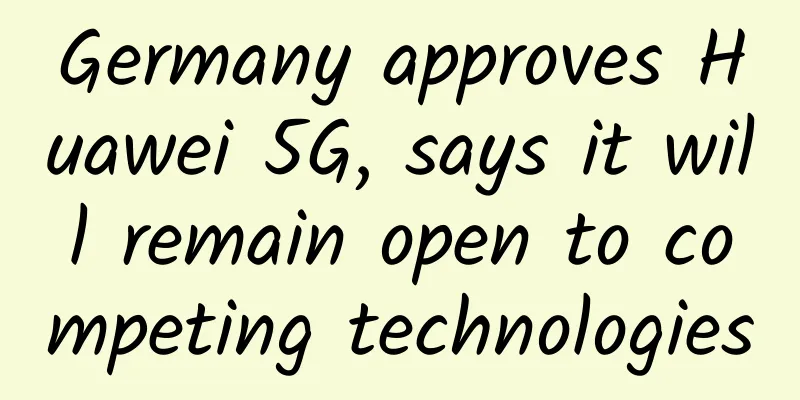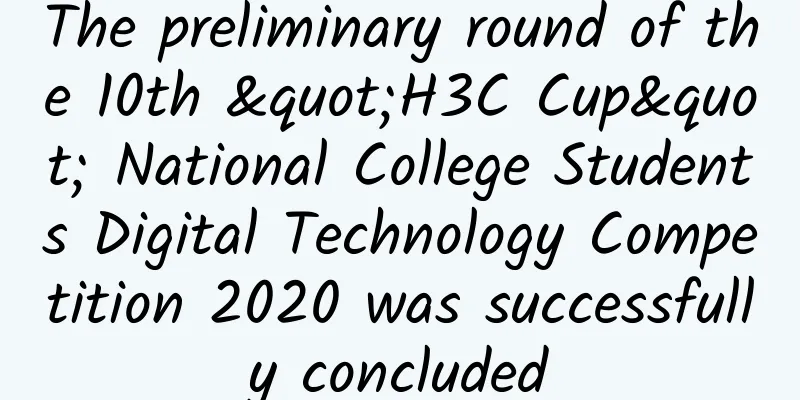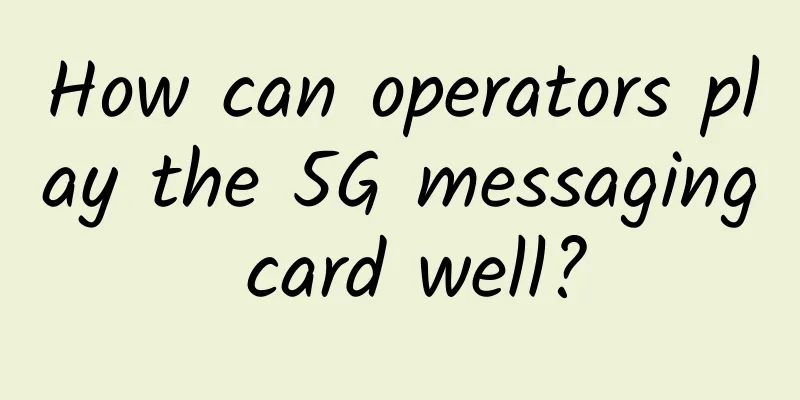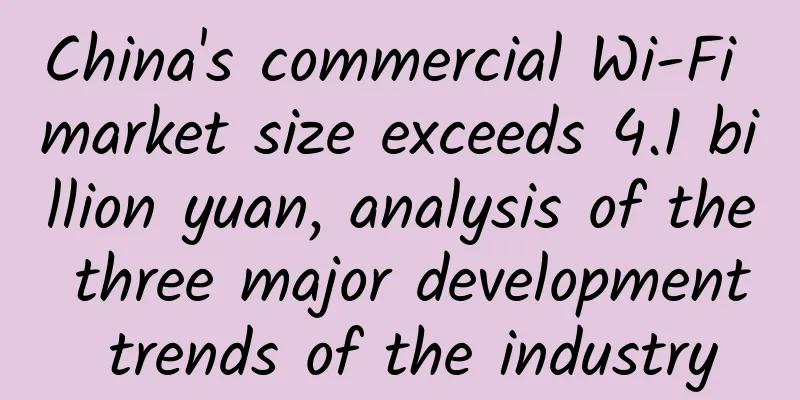Germany approves Huawei 5G, says it will remain open to competing technologies

|
After successively losing important markets such as the UK and Belgium, Huawei's 5G journey into Europe finally brought some good news. On December 16, local time, German Chancellor Angela Merkel's cabinet approved a bill that would allow Huawei to continue doing business in Germany. However, the bill did not take effect immediately and still needs to be approved by the German parliament. This is a positive signal for Huawei. According to the plan, Europe is the main base for Huawei's 5G commercialization. However, due to the lobbying of the Trump administration over the past period of time, the United Kingdom, France, Italy, Sweden and Slovenia have expressed their complete rejection of Huawei. The United States claims that Huawei equipment is similar to a "Trojan horse, which will steal confidential information once it enters critical Western infrastructure." Huawei denies these allegations and takes legal action. Germany eases stance, says it will remain open to competing technologies In April this year, Deutsche Telekom announced that it would postpone signing an agreement with Huawei. At that time, Ren Zhengfei told the media that he felt "helpless and sad." Germany is the home of Huawei's European headquarters, and from a broader perspective, Germany is also the largest economy in Europe, so Germany's attitude towards Huawei's 5G has always attracted attention from all walks of life. In fact, according to media reports, Germany has been seeking a middle ground that allows Huawei to conduct business in Germany while also hoping to have sufficient technical transparency through regulations. When the German government published a draft of the 5G Security Act earlier, Interior Minister Horst Seehofer said the government was seeking to establish a legal basis that would address cybersecurity issues while keeping the market open to competitive technologies. Under the bill, network equipment suppliers must guarantee that their equipment is safe to use and will be held liable for financial losses for any violations. The legislation will also require suppliers and operators to provide German security agencies with in-depth technical and legal means to monitor the integrity of the network. Germany and Huawei have a long history of cooperation on 5G, which means that Germany will not easily give up its existing investment. As early as August 2017, the first 5G base station in Europe was powered on in the center of Berlin, becoming the first 5G pre-commercial network in Europe. At that time, Deutsche Telekom's CTO said: "The success of the first 5G connection in Europe marks an important step for Deutsche Telekom in 5G network deployment!" Behind this is the use of Huawei's 5G technology. It is understood that Deutsche Telekom currently mainly cooperates with two wireless access suppliers, Ericsson and Huawei. In addition, Deutsche Telekom is also cooperating with Huawei on core network equipment. Previously, Deutsche Telekom said that the cost of replacing Huawei equipment is about 3 billion euros. Huawei's 5G market share declines, Ericsson and Nokia take over the market Just as Huawei's mobile phones suffered setbacks due to chips and its market share in China was targeted by its competitors, competitors such as Ericsson and Nokia are also eager to try in the face of Huawei's lost 5G network market in Europe. In July this year, the British government decided to stop using Huawei in 5G construction and announced that it would stop purchasing new Huawei equipment at the end of December this year and remove existing Huawei equipment before 2027. The above decision may increase the cost of 5G construction in the UK by at least 2 billion pounds. In early October, British Telecom signed a 5G cooperation agreement with Nokia. It is reported that Nokia will obtain more than 60% of the British Telecom network in the future. As Huawei was forced to withdraw, the remaining share was mainly occupied by Ericsson. On October 9, Proximus, the largest mobile communications network provider in Belgium, announced that it would work with Ericsson to build its 5G communications network. Prior to this, Proximus had been working more deeply with Huawei on network architecture. Another telecom operator, Orange Belgium, also announced that it would use Nokia technology for 5G. According to the latest data released by research institutions, in the third quarter of 2020, although Huawei still ranked first in market share in the global 5G communication equipment market, its share dropped from 35.7% in the first quarter to 32.8%; while Ericsson's share grew rapidly, increasing by 10% in half a year to 30.7%, while Nokia's share increased slightly to 13.0%. |
>>: 5G is in the ascendant, and 6G is coming. Learn about the latest developments and trends
Recommend
HostYun: Los Angeles CN2 GIA line cheap version online, 1GB memory package monthly payment starts at 15 yuan
HostYun recently launched a low-cost package for ...
Discussing the future of TOSCA and NFV
Standardization and unification have great advant...
Tongyou Technology will make further efforts, and "autonomous and controllable" masterpieces will be released soon
This year, "Digital China" was written ...
After three years of cooperation, Huawei and Beijing Ruicheng Times have created a new name card for smart cities
[51CTO.com original article] As soon as I walked ...
"Hyper-converged Data Center Network Lossless Ethernet Scenario Level Evaluation Specification" released, Huawei is the first to complete the evaluation
The "2021 Open Data Center Summit" was ...
Why is 5G considered the criterion for the Internet of Things era?
With the advent of the 4G era, the Internet indus...
Big data credit reporting system is the future development direction. Credit reporting helps the healthy development of the economy.
On December 5, the 4th International Forum on Int...
Data analysis tools that can also be used by operations: Quick BI ad hoc analysis detailed explanation
Quick BI ad hoc analysis: enabling business to ac...
How does millimeter wave technology unleash the future potential of 5G?
Currently, the major 5G development countries in ...
Contabo: $6.99/month KVM-8GB/200G SSD/200M unlimited traffic/Germany, the United States, and Singapore data centers
Contabo is a long-established German hosting comp...
Supply Chain Management Is Critical to SD-WAN
SD-WAN is not an all-encompassing solution; it is...
Ruishu Information won the 2021 Outstanding Contribution Award for New Technology Application Innovation in the Financial Industry
On December 29, the results of the "2021 12t...
Improving the value of colocation data centers with DCIM
Today, as the popularity of colocation data cente...
The Complete Guide to WiFi Penetrating Walls
[[250378]] 1. WiFi Penetration Through Walls: Que...
Understand the HTTP request process in one article. If you don't believe it, you still don't know it
Prerequisites OSI architecture TCP/IP related pro...









